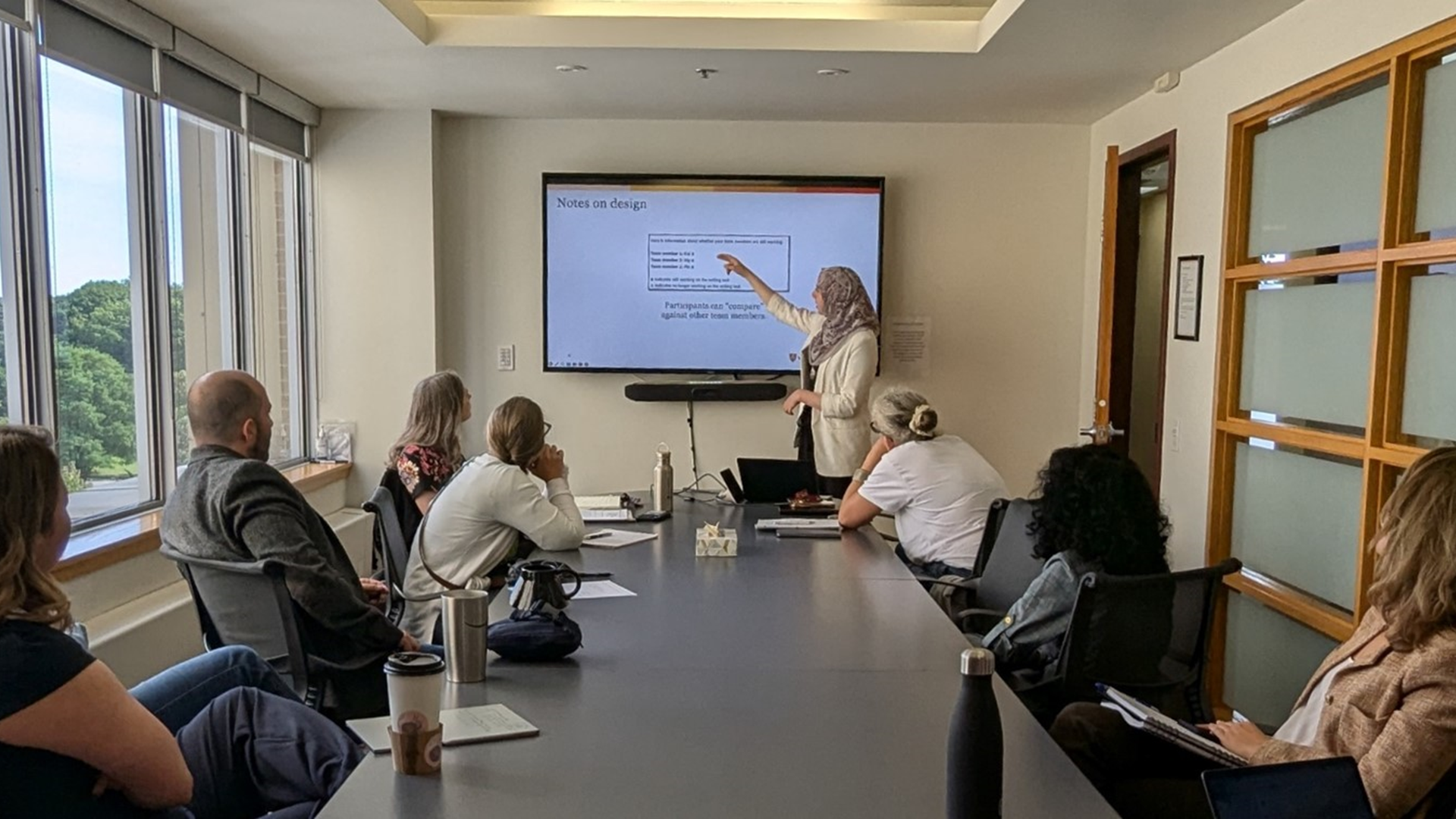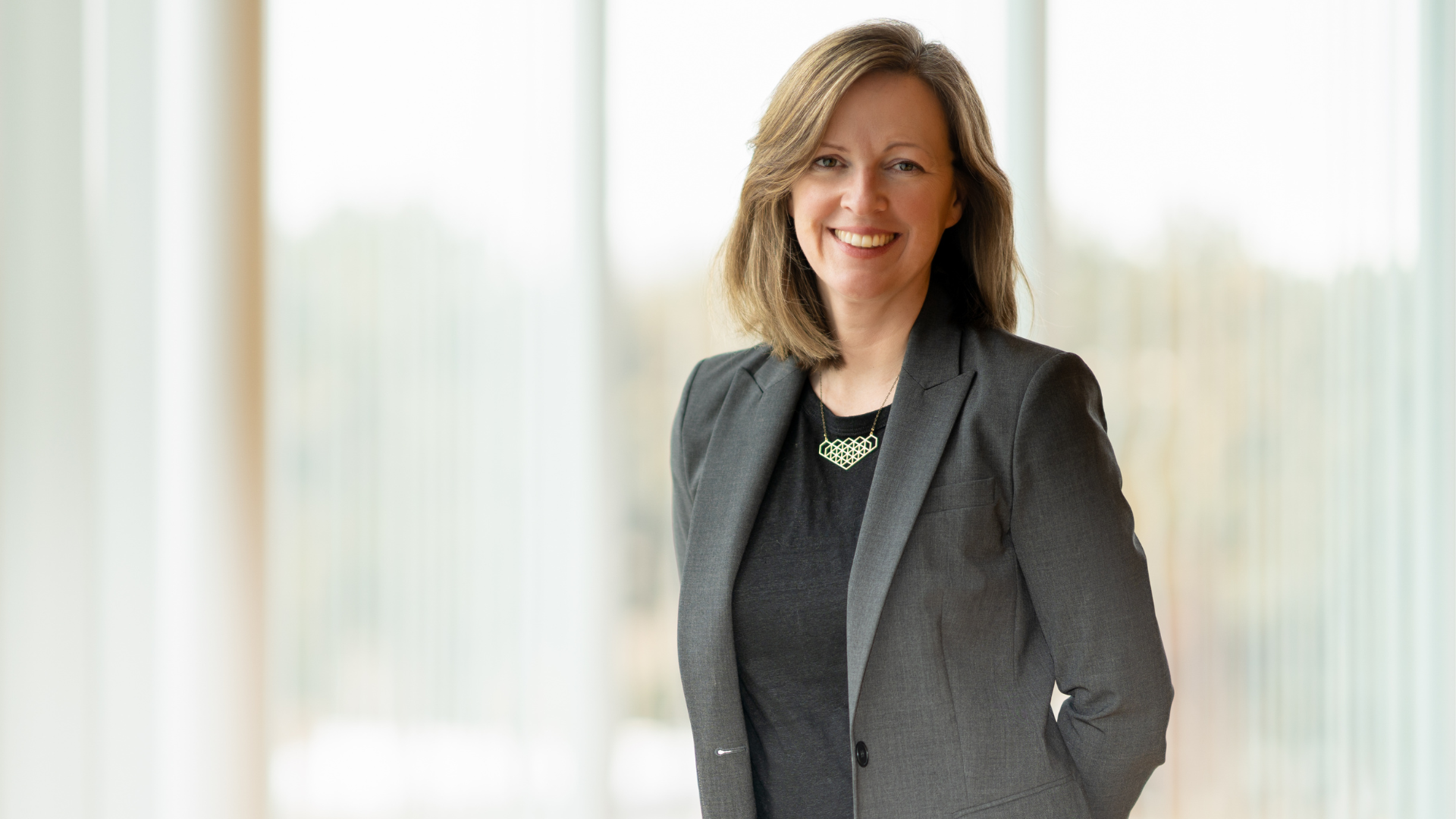HUMAN RESOURCES AND MANAGEMENT RESEARCH SOCIETAL IMPACT STRATEGIC PLAN | RESEARCH AND SCHOLARSHIP
Breaking down academic silos
June 25, 2025 ·
Contributed by: Grace Mullen
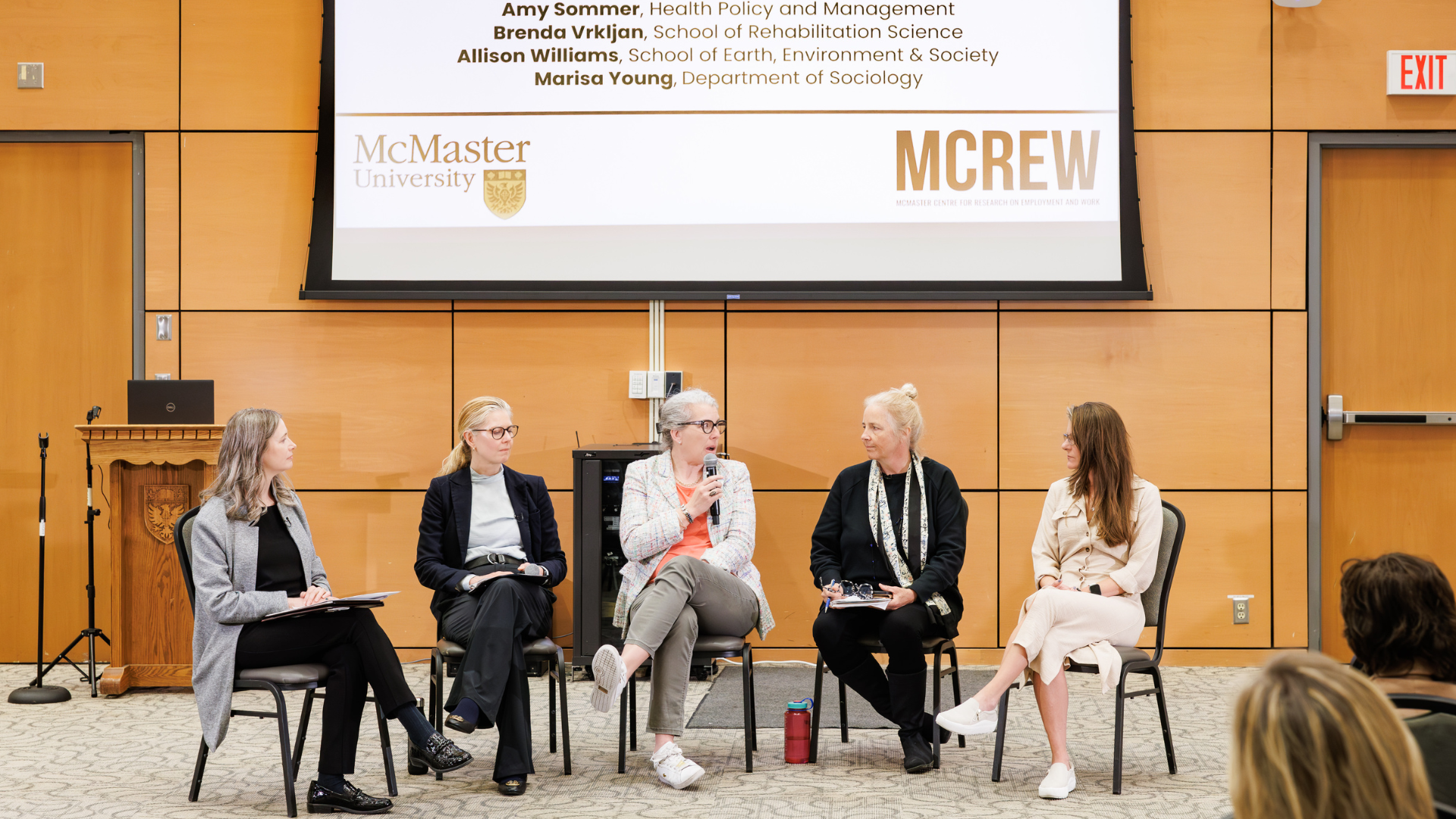
When it comes to understanding the complexities of modern workplaces, no single academic discipline has all the answers. That’s the driving motivation for creating the McMaster Centre for Research on Employment and Work (MCREW), where researchers from all six of McMaster’s faculties are collaborating to study the future of work.
“We started MCREW as a way to bring together researchers from across McMaster,” explains Catherine Connelly, director of MCREW and a professor of Human Resources and Management at DeGroote. “We all study changing work, workers and workplaces, and have different perspectives on how we should study these issues.”
MCREW represents something unique in academia: a collection of 27 researchers with backgrounds spanning historical legacy, organizational psychology, health care policy, cognitive linguistics, health-care worker advocacy and broader workplace transformations.
Connelly says researchers often work toward solving identical issues without realizing it, simply because different faculties publish in different journals and rarely cross disciplinary boundaries. MCREW addresses this by bringing together researchers who might otherwise never collaborate, creating opportunities for knowledge sharing.
We spoke to six MCREW researchers about their research and how interdisciplinary work can create a better understanding of issues affecting work, workers and workplaces.
Mary Crea-Arsenio assistant professor, Medicine, Faculty of Health Sciences
Drawing from her background in health geography, Crea-Arsenio uses a systems approach to address workplace integration challenges, particularly for immigrants navigating complex policy, health, geographic and employment systems.
“A systems approach allows us to engage with complexity without oversimplifying it,” says Crea-Arsenio. “It takes an entire system with all its moving pieces and maps it out visually. This allows us to see where there may be structural gaps and opportunities for improvement.”
Crea-Arsenio says this approach makes it easier for policymakers and employers to tackle worker integration challenges that span multiple sectors and jurisdictions—helping reduce complexity to come to the best solutions.
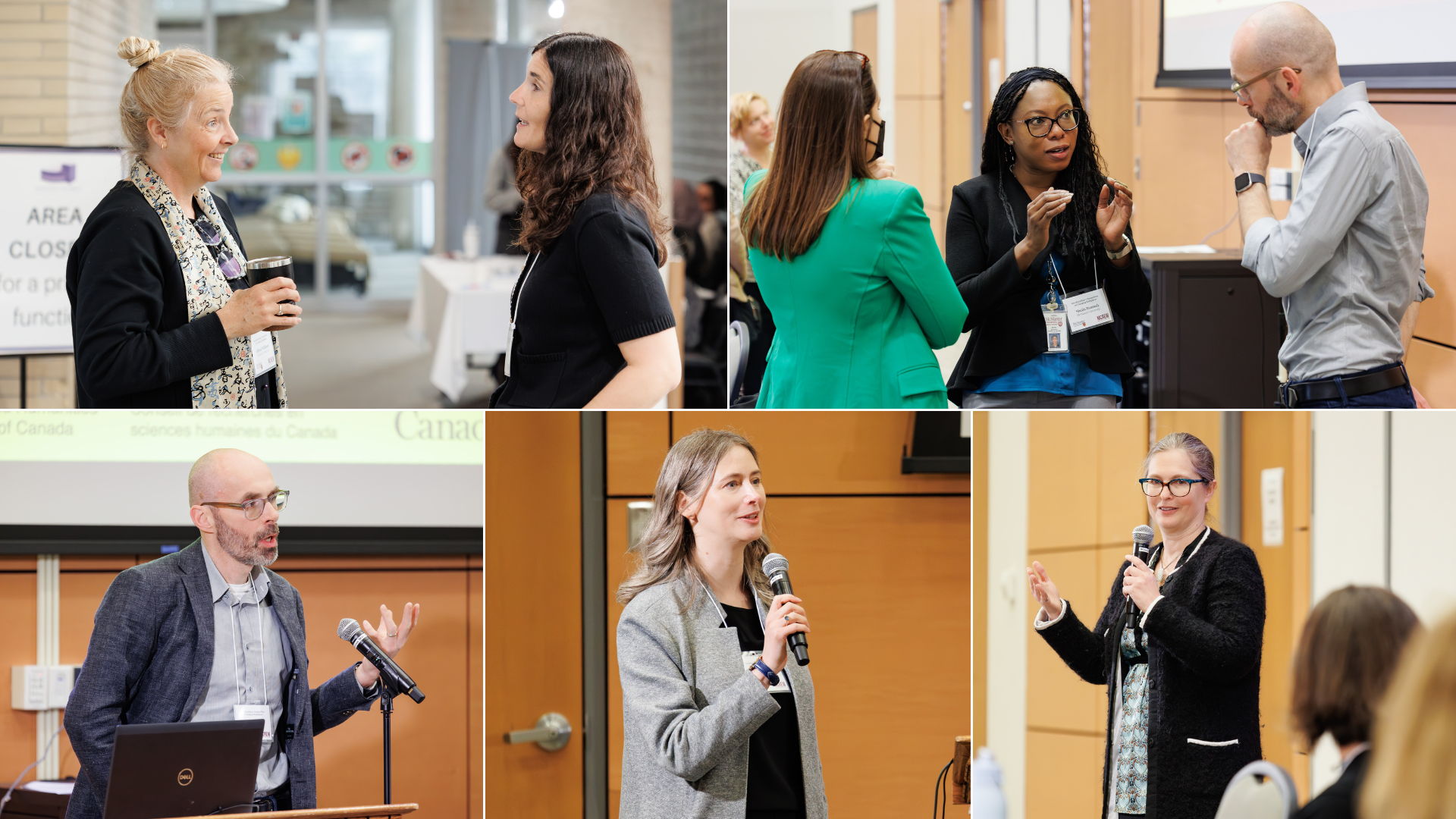
Allison Williams, professor, Earth, Environment & Society, Faculty of Science
A social and health geographer, Williams’ research focuses on care workers—employees who provide unpaid care labour for aging parents, adult children with disabilities, or other dependents. One third of all employees are part of this hidden care labour force, primarily women between 45 and 65. According to Williams, six per cent of care workers will leave the workforce or reduce their hours due to their care responsibilities.
“Care employees are feeling stigmatized at work, and they’re not self-identifying and asking for what they need to balance their work with their care responsibilities because of stigma,” says Williams. “This is a highly trained workforce, and we don’t want to lose them.”
Williams has translated her research into tangible policy change, developing both Canadian and international workplace standards for supporting care employees.
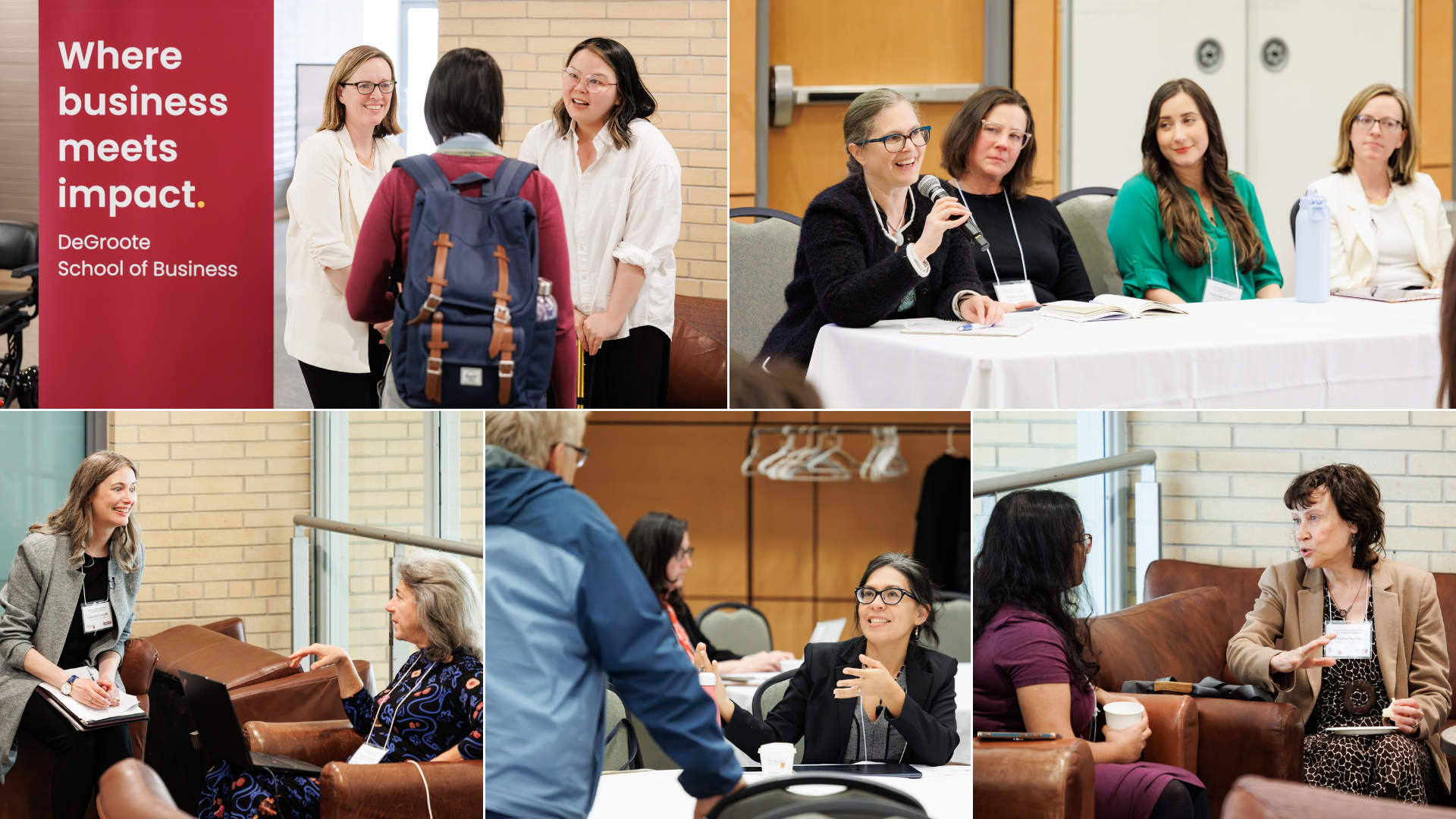
Elisabet Service, professor emerita, Linguistics and Languages, Faculty of Humanities
While systems-level approaches provide crucial macro-perspectives, MCREW members like Elisabet Service focus on the individual cognitive processes that affect workplace performance. A cognitive linguist with extensive experimental design experience, Service examines how using a second language affects performance in high-skill jobs—particularly relevant as Canada continues to attract immigrant workers.
Her research measures the mental effort required when workers perform tasks in their non-native language, generating data that could inform everything from hiring practices to workplace accommodations. Research like Service’s demonstrates a unique angle on how individual cognitive processes connect to broader economic and social trends.
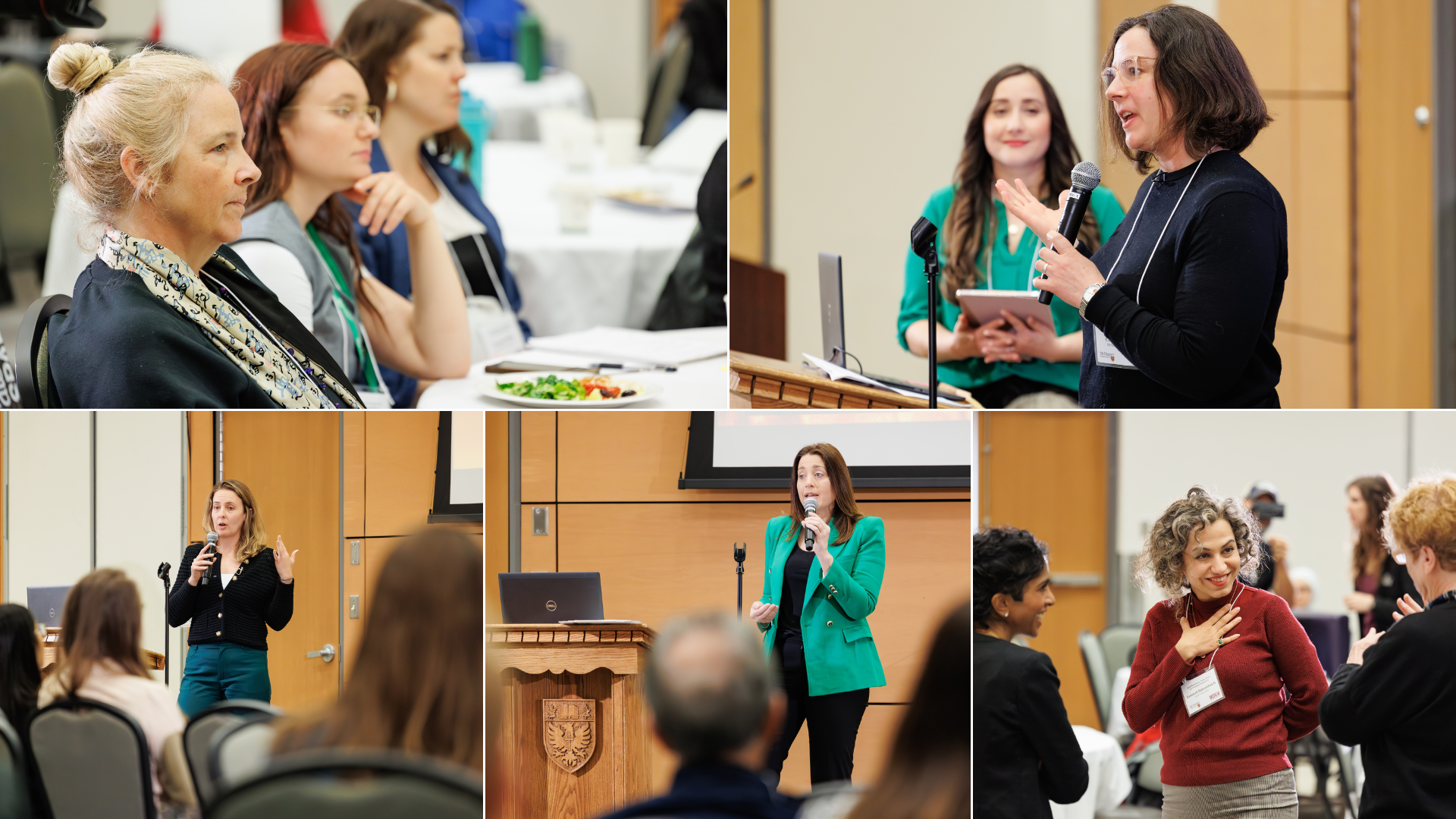
Meena Andiappan, associate professor, Human Resources and Management, DeGroote School of Business
While cognitive science focuses on the brain’s processing abilities, Meena Andiappan examines the psychological and emotional aspects that often determine workplace success or failure. Her research emphasizes that worker feelings and moral intuitions can be determining factors in innovation and overall workplace performance.
“A new policy, algorithm, or innovation may look promising on paper,” Andiappan explains, “but how it is received and enacted often depends on whether it aligns with people’s moral intuitions or evokes emotional resistance. I bring tools for examining those responses and understanding how ethical climates are created and sustained in the changing world of work.”
This insight reveals why seemingly logical workplace plans can fail—a critical success factor considers the psychological needs of workers, not just implementing a rational workplace design.
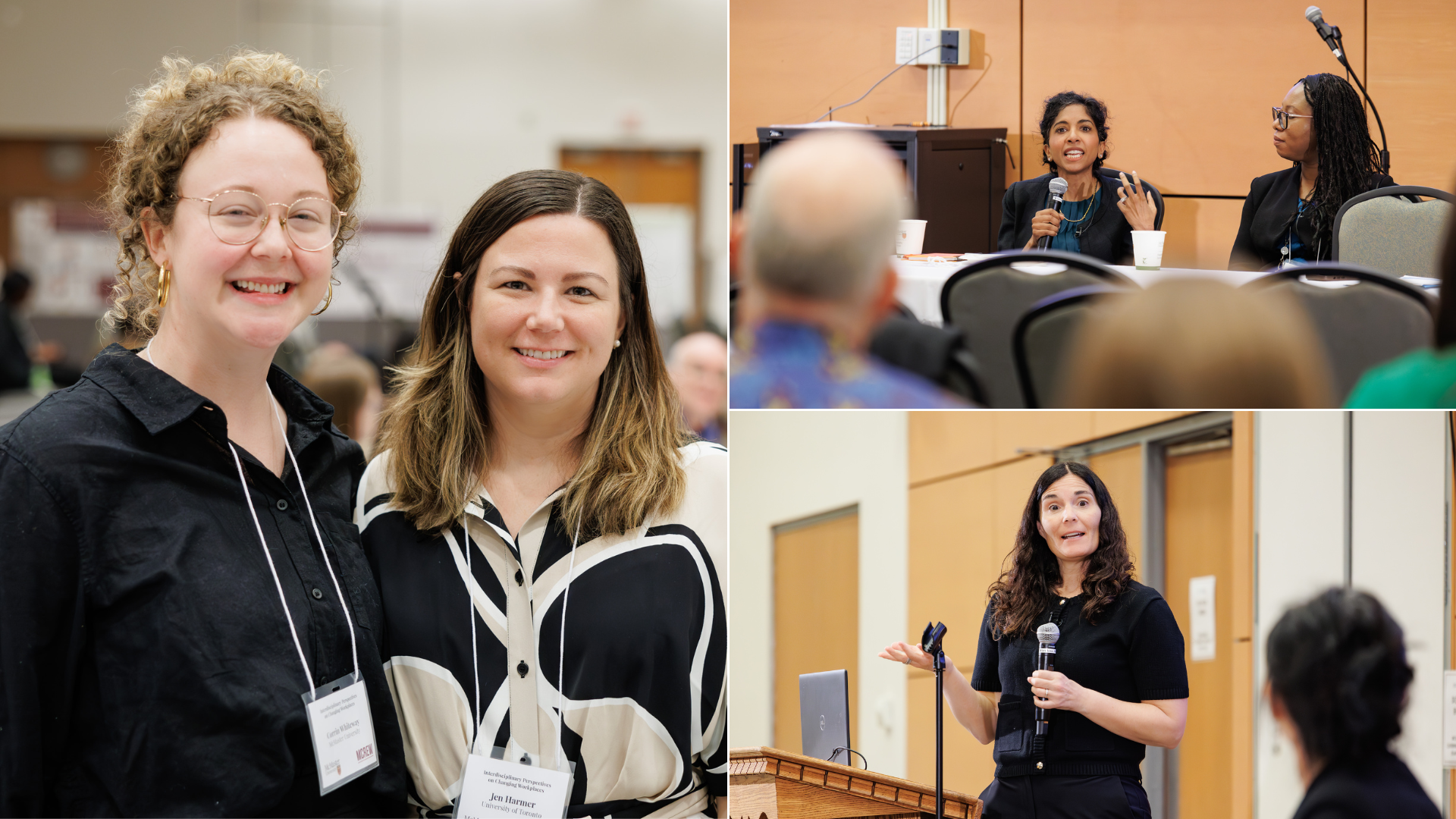
Kristina Llewellyn, professor, Wilson College of Leadership and Civic Engagement and Department of History, Faculty of Humanities
Using what she calls “socio-historical research” that examines contemporary issues from historical perspectives, Kristina Llewellyn examines how past injustices continue to shape workplace experiences, particularly for diverse populations and women.
“Part of what I do is address the legacy of historical harms and how they continue to be perpetuated,” Llewellyn notes. “There’s a lot about the legacies of the past, that continue to inform what happens for different women professionals today.”
Llewellyn hopes that MCREW’s multi-disciplinary approach can help address past injustices and historical harms.
“It’s very important that we are from different disciplines asking those really justice centred questions so that we can make a true impact in transforming what work looks like for diverse peoples.”
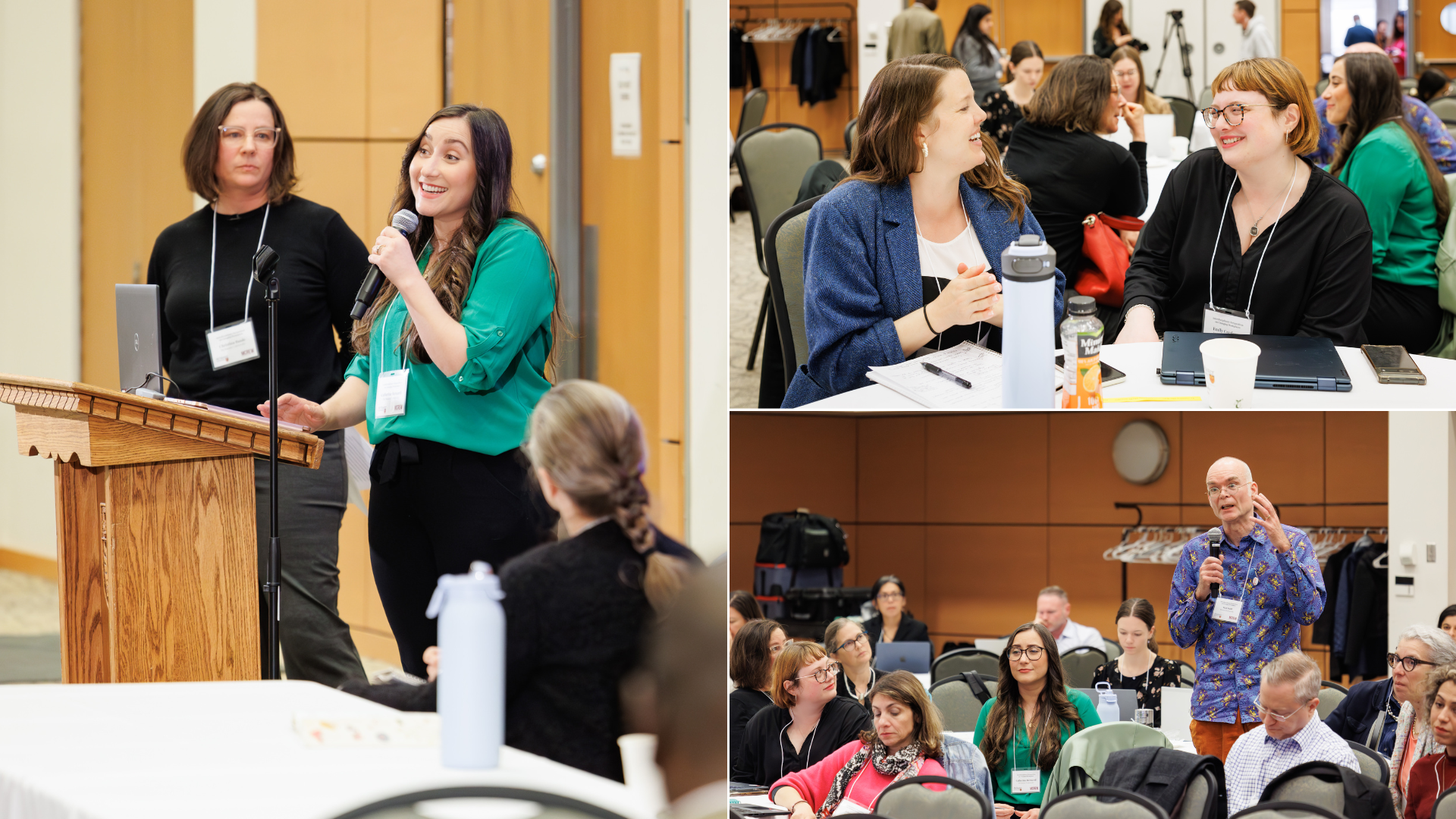
Sheila Boamah, assistant professor, Nursing, Faculty of Health Sciences
Focusing on present-day frontline health-care workers, Sheila Boamah’s perspective examines gaps in workplace conversations, particularly between issues that dominate media coverage and the more complex realities experienced by workers themselves.
Boamah emphasizes the need for more balanced discussions about health care work, noting that negative stories about long-term care facilities often overshadow recognition of the often thankless work performed by health-care professionals.
“It’s easy to lose sight of the hard work that personal support workers, nurses and more do in long term care,” says Boamah. “We need to really recognize that they are meaningful, they are wanted, they’re doing wonderful work, and that needs to be showcased, as well as the issues that we have… we need a balance in the way we talk about long term care.”
To showcase worker stories, Boamah’s approach prioritizes direct conversations to ensure workers voices are heard and that single narratives don’t dominate complex workplace discussions.
Game changing interdisciplinary impact
As workplace challenges become increasingly complex—from technological disruption to demographic shifts—MCREW offers a roadmap for more robust and inclusive solutions for the future of work by breaking down academic silos.



